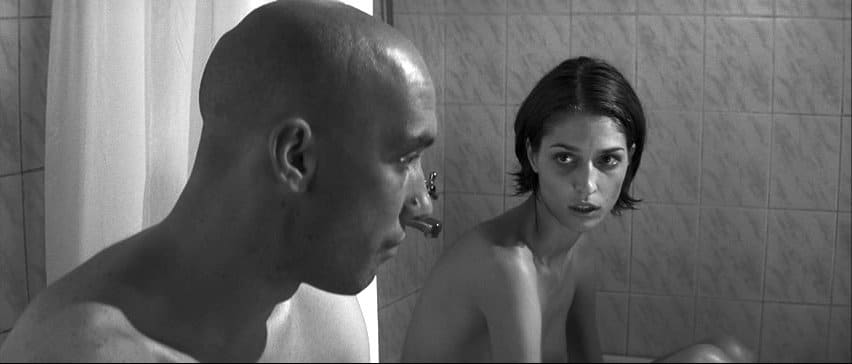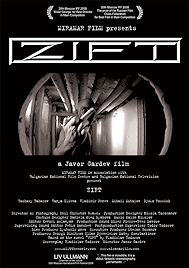A movie for every day of the year – a good one
22 September
The Bulgarian Declaration of Independence, 1908
On this day in 1908, Prince Ferdinand of Bulgaria declared his country to be independent of the Ottoman empire and a full country in its own right. Only a few years earlier Bulgaria had de facto absorbed the Ottoman province of East Rumelia as the Turkish empire, which had held so much power in the Balkans, started to lose its grip, particularly following the Russo-Turkish War of 1877-78, which Turkey lost. The independence of Bulgaria was to some extent the logical progression of 1878’s Congress of Berlin, a grand border-drawing exercise carried out by Britain, Austria-Hungary, France, Germany, Italy, Russia and the Ottoman Empire, at which Britain threw its weight in with Russia against the Turks. It marked the beginning of the end for the Ottomans, whose empire would limp on until the end of the First World War, and provided the impetus for the independence of Romania (1881), Serbia (1882) and Montenegro (1910) and a fragmentation and destabilisation in the Balkans which would be one of the factors leading to the First World War. The Bulgarians celebrate independence day on 22 September to this day.
Zift (2008, dir: Javor Gardev)
The films of next-door neighbours Bulgaria and Romania seem to take a slightly different view on life under the Communist yoke. Romanians paint a bleak picture but in films like Corneliu Porumboiu’s 12:08 East of Bucharest, or Cristian Mungiu’s 4 Months, 3 Weeks & 2 Days the grim is offset with satirical, black comedy. While Communism was still the guiding principle of life out east, Bulgaria, at an official level, was so in step with the Soviet regime that its people were left to their own devices more than in many Eastern Bloc countries. Consequently the Bulgarian view of the Communist era is more ambivalent. Zift – the title translates as tar, chewing gum or shit – presents an image of a society under Communism where life is ordered, people are fed, there is work, a good health system, the trams work, the children are well dressed. Using Sot Arts, the techniques of Soviet era cinema but lightly twisted, director Javor Gardev tells a strange story that David Lynch might recognise, a freaky noir following a freed jailbird called Moth (a creature of the night, obviously) on his mission to gain payback for a diamond heist that he alone has failed to benefit from. Tanya Ilieva plays a particularly striking femme fatale that this Bulgarian Vin Diesel is hoping to hook back up with. It’s a role that allows her to demonstrate her remarkable physique more than her acting ability. But then in Zift there is a lot of exaggerated surface – the stark black and white cinematography, the “vulgarian Bulgarian” characters, the wonky camera angles, the barely believable storylines. It is all a bit mad, in fact, but it’s refreshingly mad – the director is clearly familiar with Jodorowsky’s El Topo, Park Chan-Wook’s Oldboy, the comic-brutalism of Jason Statham’s best work – and different. And as for Zift’s critique of Communism – if the Romanian verdict can be summed up as “it was rotten from the top down”, the Bulgarians, on this showing at least, incline towards a wistful “wouldn’t it be nice if it had worked?”
Why Watch?
- How many films have you seen from Bulgaria?
- How much “socialist film noir” have you seen?
- Emil Hristow’s genuinely gorgeous black and white cinematography
- Dry, droll, inventive, exciting
Zift – at Amazon
I am an Amazon affiliate
© Steve Morrissey 2013

